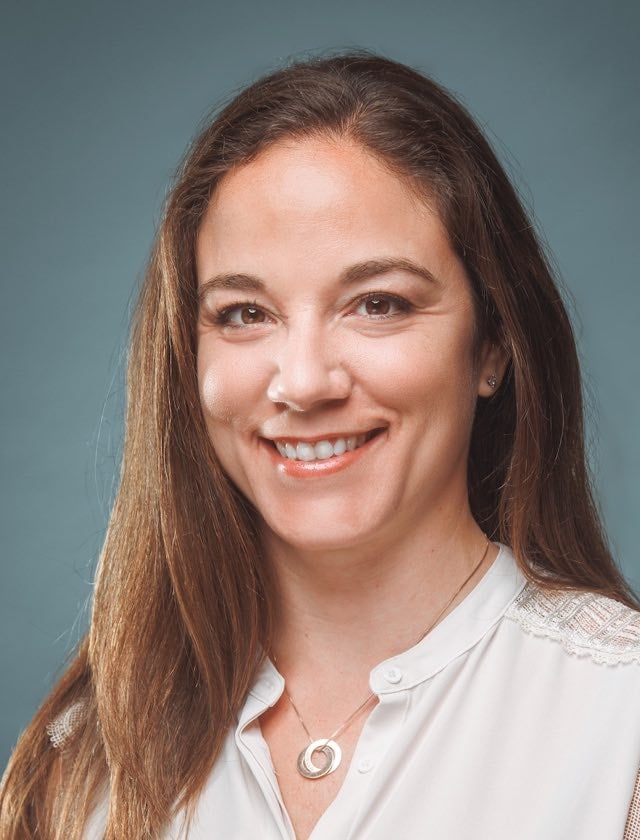Colonoscopy plays a critical role in detecting and preventing serious health conditions. The experts at Premier Surgical Network are here to guide you through the process with precision and care, providing the highest standard of screening and treatment.
%20-%20banner%20(1).webp?width=1920&height=882&name=PSN%20-%20Colonoscopy%20(T3)%20-%20banner%20(1).webp)
What is a Colonoscopy?
One of the most common gastrointestinal procedures, a colonoscopy involves evaluating the inside of your entire large intestine, also known as the colon. During this procedure, a small, flexible tube with a camera is inserted through the rectum and guided through the colon, allowing doctors to examine the colon lining for any abnormalities.
Colonoscopies play a crucial role in preventing colon cancer. Unlike some other screening tests that only detect existing cancer, colonoscopies can actually prevent cancer from developing. This is because during the procedure, doctors can identify and remove polyps - small growths on the colon lining that could potentially turn into cancer if left untreated.
Why Getting a Colonoscopy Matters
Regular colonoscopies are a cornerstone of preventive healthcare, crucial in maintaining your digestive wellness and overall health. These screenings have significantly reduced colorectal cancer rates in recent decades. Getting your regular colonoscopy provides benefits such as:Early Detection: Colonoscopies can identify precancerous polyps or early-stage cancers before symptoms appear.
Prevention: By removing polyps during the procedure, colonoscopies can prevent cancer from developing.
Peace of Mind: Regular screenings provide reassurance about your colon health.
Are You a Candidate?
Your doctor may recommend a colonoscopy for several reasons:- Routine screening: Current guidelines recommend starting colonoscopy screenings at age 45 for individuals at average risk, repeating every ten years if results are normal.
- Family history: If you have a family history of colon cancer or polyps, you may need to start screenings earlier or have them more frequently, potentially every one to five years.
- Symptom investigation: If you are experiencing certain symptoms such as unexplained abdominal pain, rectal bleeding, or changes in bowel habits, your doctor may recommend a colonoscopy to investigate the cause.
- Follow-up: If you have had polyps in the past, you may need more frequent colonoscopies to monitor for new growths.
What to Expect With a Colonoscopy
Before
Colonoscopy preparation begins a few days before the procedure. Proper preparation allows your doctor to detect abnormalities, such as polyps or early signs of cancer. The day before, you’ll need to follow a clear liquid diet, including water, clear broths, coffee or tea (without milk), clear juices, sports drinks, and gelatin (avoid red, blue, or purple). In the days leading up to it, you'll also need to avoid high-fiber foods, seeds, and nuts. Inform your doctor of any medications, as some may need adjustments.Your doctor will provide a bowel-cleansing solution, typically taken the evening before and/or the morning of the procedure. Solid foods must be avoided 24 hours before, and clear liquids should be consumed instead. Following these instructions carefully ensures a thorough colon cleanse for an effective examination.
Preparation Tips:
- Plan ahead and take time off work.
- Drink plenty of clear fluids to stay hydrated.
- Use a straw or chill the bowel prep solution to improve taste.
- Stay active with light movement to stimulate bowel activity.
- Follow all instructions exactly for the best results.
During
The entire process typically takes under two hours, with the procedure itself lasting 20–25 minutes. Sedation ensures most patients find the experience more comfortable than expected. During the procedure, your doctor will examine the colon lining for abnormalities such as polyps, inflammation, bleeding, or tumors. Polyps, which may develop into cancer, can be removed, and biopsies taken if needed.
At Premier Surgical Network, we prioritize your comfort and privacy. Sedation is carefully monitored, and only essential staff are present. You'll prepare and recover in private areas with a team dedicated to making your colonoscopy stress-free while maintaining the highest standards of care.
After
You will typically receive initial results immediately after your colonoscopy, once the sedation wears off. Your doctor will discuss their findings and provide a written report. If biopsies were taken, you will get these results within a few days to two weeks.
After Your Colonoscopy: Next Steps
Possible outcomes from your colonoscopy range from normal findings, indicating good colon health, to the discovery and removal of polyps, which may necessitate more frequent screenings. In some cases, inflammatory conditions like colitis might be detected, requiring further treatment. If suspicious areas are found, additional testing or procedures may be needed.
Follow-up care after your colonoscopy may include scheduling a repeat colonoscopy if polyps were found, conducting additional imaging studies for unclear results, prescribing medication for inflammatory conditions, or, in rare cases, recommending surgery for more serious findings. Your doctor will create a personalized follow-up plan to ensure your ongoing digestive health and address any concerns revealed during the procedure.
Risks and Side Effects of a Colonoscopy
Colonoscopy is a widely used and safe procedure, but like any medical intervention, it carries some risks and potential side effects. We take every precaution to minimize these risks and ensure your safety during the procedure.Common Side Effects
- Mild cramping or bloating caused by the air used to inflate the colon during the procedure
- Minor bleeding if polyps are removed or biopsies are taken
- Temporary changes in bowel habits, such as diarrhea or constipation
- Perforation: A rare occurrence where the colon wall may tear, potentially requiring surgical repair.
- Infections: Rare but possible, particularly at biopsy or polyp removal sites.
- Adverse Reaction to Sedation: Allergic reactions or breathing difficulties may occur in rare cases.
- Significant Bleeding: Though uncommon, bleeding may occur after a biopsy or polyp removal, especially for larger growths.
Alert your surgeon if you experience severe abdominal pain, persistent bleeding, fever, or signs of infection after your colonoscopy.
Contact Us Today
Hear From Our Experts
Preventing Colon Cancer
Dr. Desiree D'Angelo, a general and breast surgeon at Premier Surgical Network, explains what a colonoscopy is and why it's important. Learn more about the procedure, where a small camera is used to examine the entire colon for abnormalities like polyps or other conditions.
This video will provide additional information about the process and why it’s vital for maintaining long-term health.
Find Your Surgeon
Choosing the right surgeon is key to your care, and at Premier Surgical Network, our team is equipped with the expertise and experience to guide you every step of the way. Your health and trust are in capable hands.
Frequently Asked Questions
Will I feel anything during the procedure?
How long will it take to recover after a colonoscopy?
Can I drive myself home after the procedure?
What is good to eat after a colonoscopy?
Is colonoscopy the only way to detect colon issues?
What happens if my colonoscopy reveals polyps or abnormalities?
%20(1)%20(1).jpg?width=1011&height=773&name=psn-global-footer%20(1)%20(1)%20(1).jpg)



-min.png)
